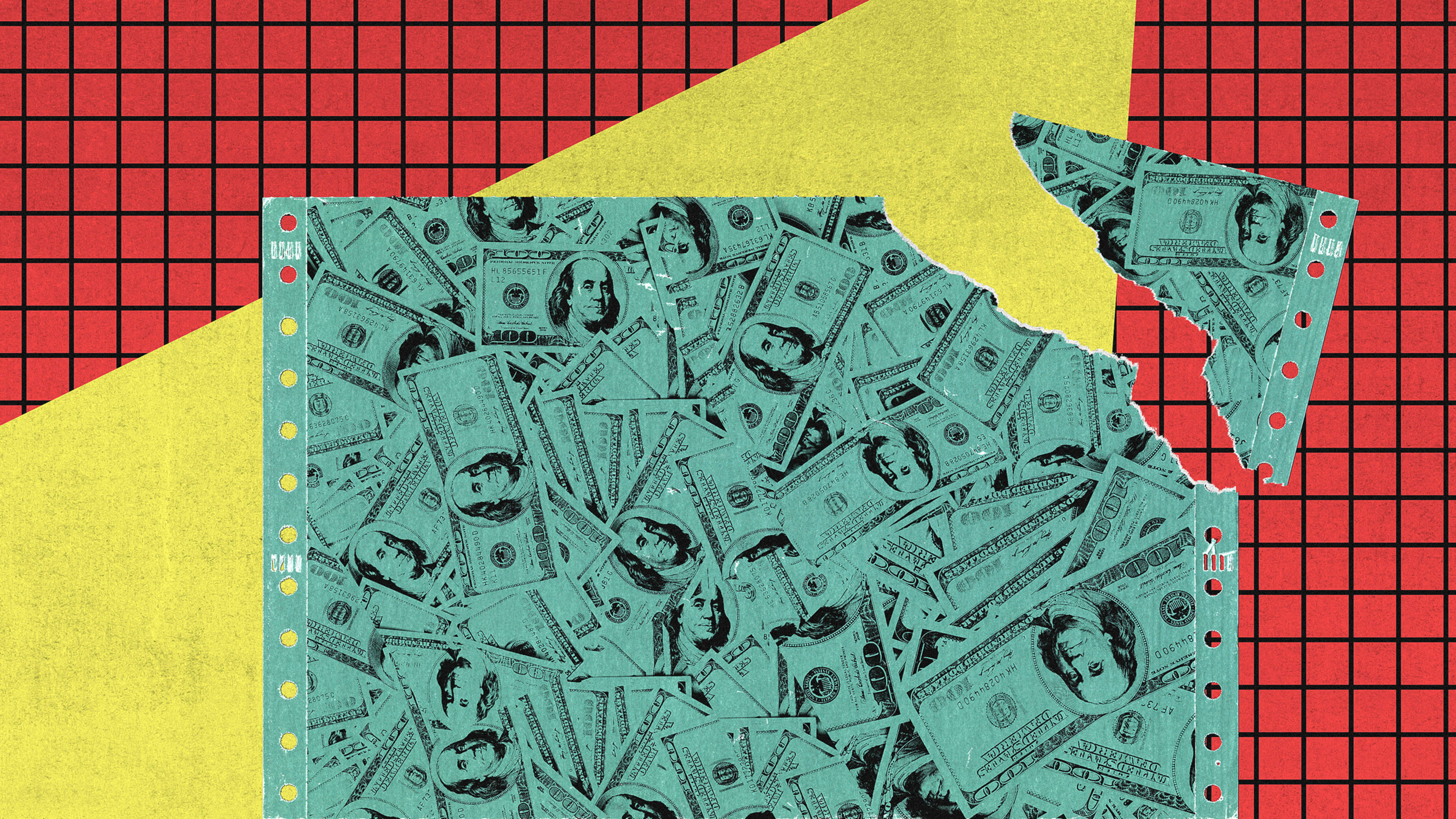Around the world, there are 3.6 million people who each have more than $5 million in wealth. More than 2,600 of those people are billionaires, with a total combined wealth of $13.76 trillion. If there were an annual wealth tax on these individuals, a new report says, it could raise $2.52 trillion a year—enough to lift 2.3 billion people out of poverty, make enough COVID-19 vaccines for the entire world, and deliver universal healthcare and social protection for everyone in low- and lower middle-income countries (3.6 billion people).
That figure comes from a new global wealth analysis using data from a consortium that includes the Fight Inequality Alliance, Institute for Policy Studies, Oxfam, and Patriotic Millionaires. The wealth tax they propose would be a graduated rate structure, the report says, with a 2% tax on wealth over $5 million, 3% on wealth over $50 million, and 5% on wealth over $1 billion.
A more steeply progressive wealth-tax structure—2% on wealth starting at $5 million; 5% over $50 million; and 10% on wealth over $1 billion—would raise $3.62 trillion a year, per the report. In the U.S. alone, there are 1.4 million individuals with a net worth of $5 million or more, for a combined total of $28 trillion. The cost of vaccinating the entire world against COVID-19 has been projected at $27.8 billion; providing universal healthcare and social protections to low- and lower middle-income countries could cost another $440.8 billion.
These overall numbers are just an estimate, the report warns, as actual wealth-taxation levels would be specific to each country. Still, it’s an example of how a wealth tax—an initiative supported by politicians including senators Elizabeth Warren and Bernie Sanders, and increasingly by members of the public (71% of American voters saying they support a tax on extreme wealth)—could raise the money to fund social protections and reduce poverty worldwide.
It would also reduce the total number of multimillionaires and billionaires, the numbers of which have grown exponentially during the pandemic, as wealth inequality has surged. Despite accounting for just 0.002% of the population, those who have $50 million and above currently hold 6.33% of all global wealth. In the U.S., billionaires own half a billion more in wealth than the entire bottom 60% of U.S. society.
This report, which uses data from Forbes and Wealth X, builds on another Oxfam report from earlier this week that found that the world’s 10 wealthiest men (including Jeff Bezos, Elon Musk, Bill Gates, Mark Zuckerberg, and Warren Buffet) have more than doubled their fortunes since the pandemic began.
Recognize your brand’s excellence by applying to this year’s Brands That Matter Awards before the early-rate deadline, May 3.
